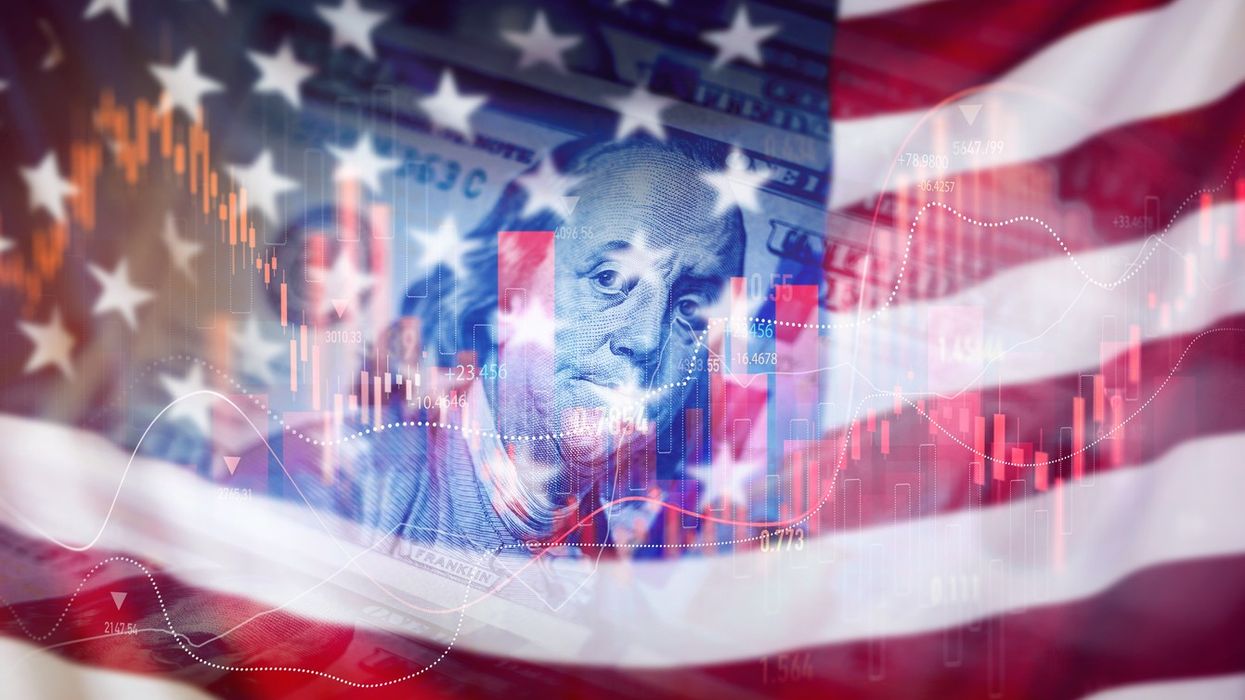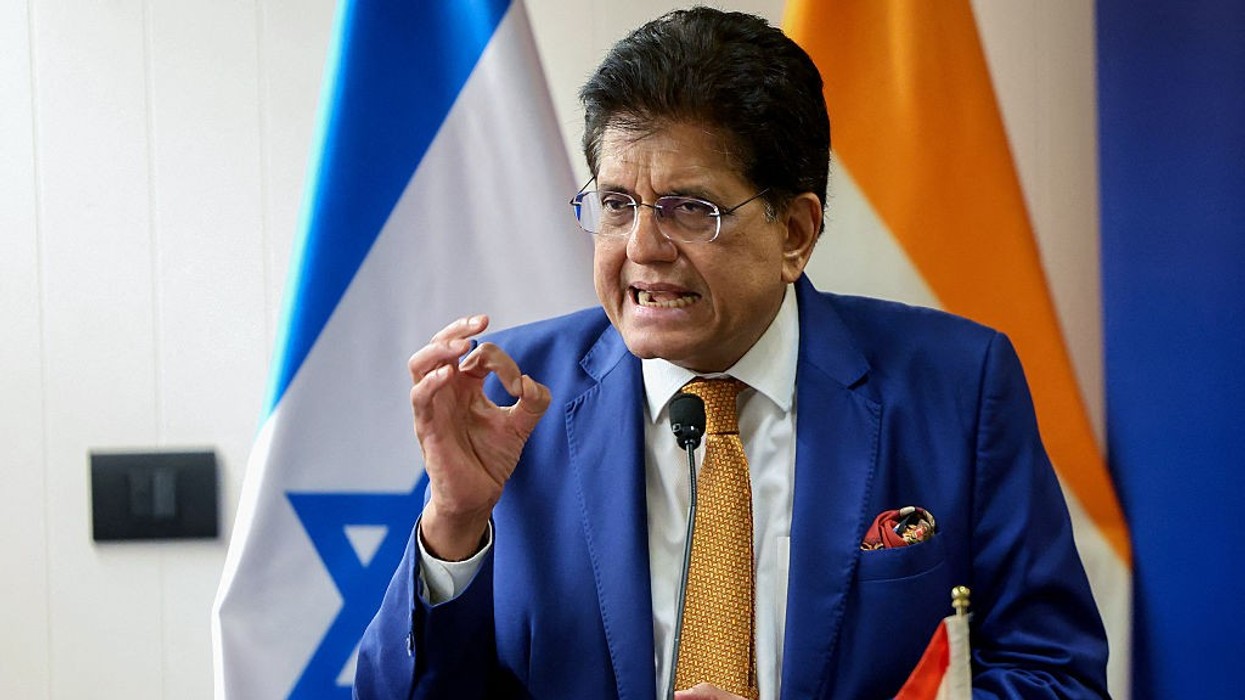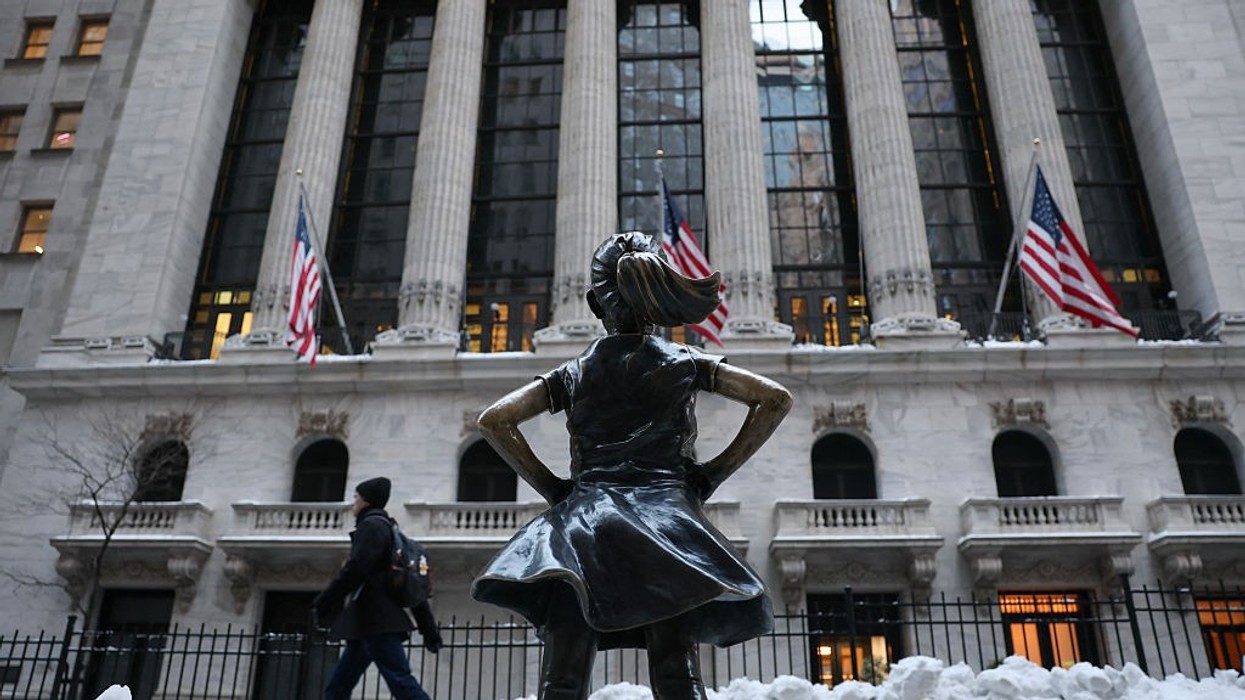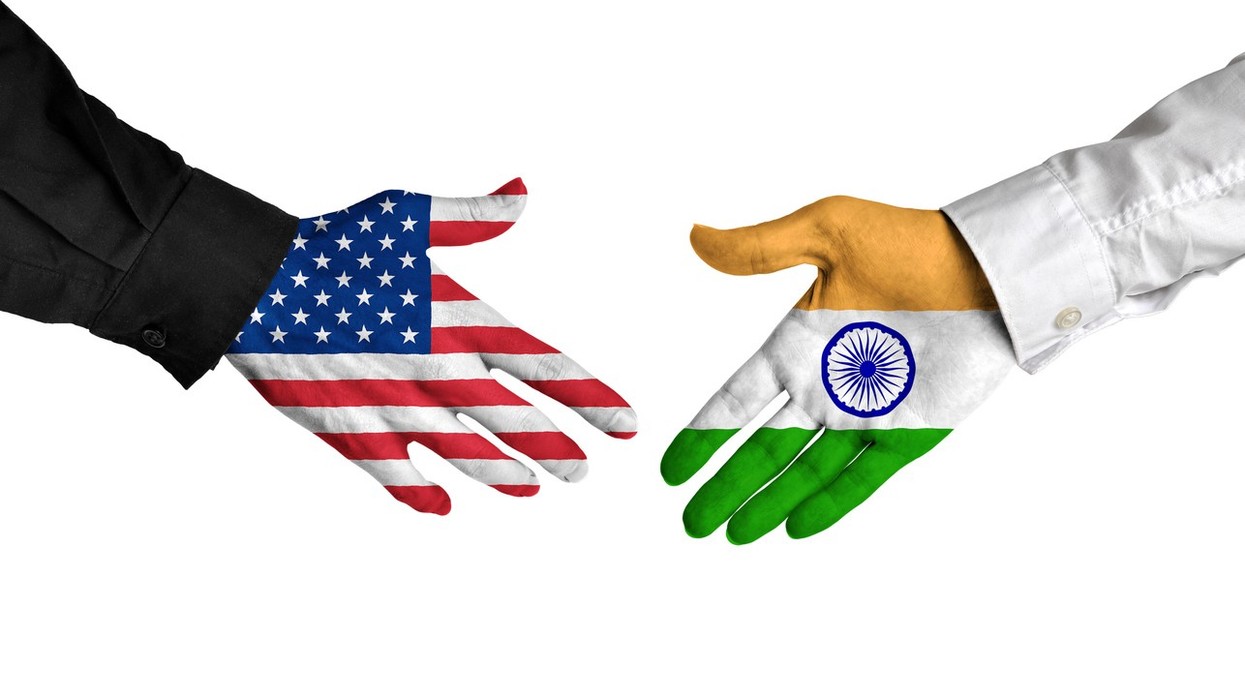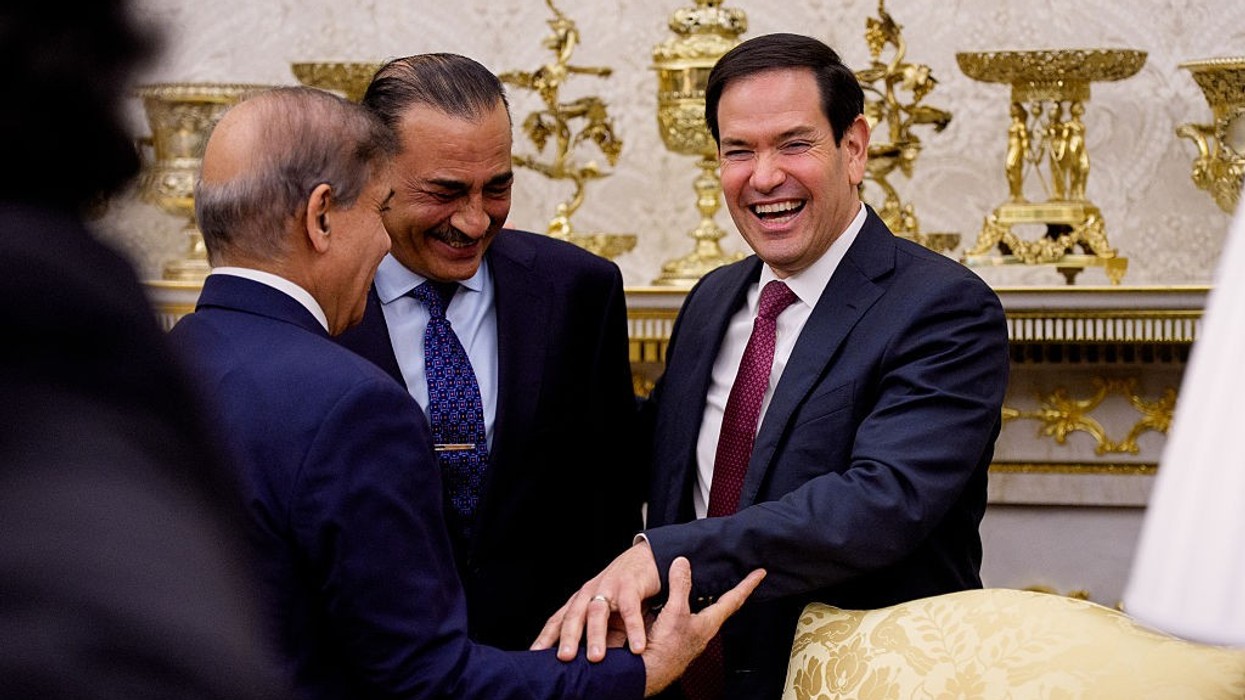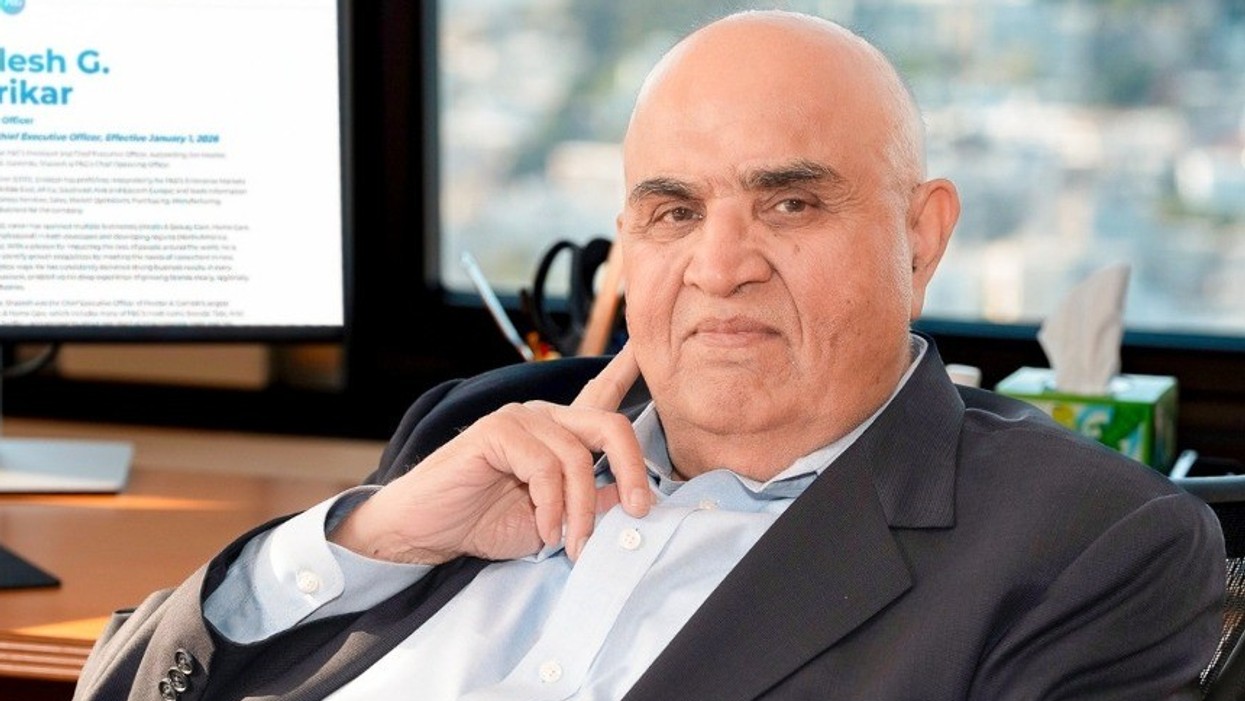In a new move to tighten immigration controls, the Trump administration is proposing that certain applicants for US business (B-1) and tourist (B-2) visas may be required to post a bond of up to $15,000. This policy will be rolled out as a 12-month pilot program, set to begin on August 20, 2025, according to recent government notices. The bond requirement, which can also be set at $5,000 or $10,000 in some cases, is aimed at visitors from countries identified as having high visa overstay rates or lacking robust internal security and document verification measures.
Scope and implementation
The US State Department announced that this measure will only apply to temporary nonimmigrant visitors for business or pleasure from countries that meet specific criteria—namely, those with significant numbers of citizens who remain in the US after their visas expire, or whose governments offer “citizenship by investment” without requiring local residency. The exact list of countries included will be published at least 15 days before the pilot program takes effect, and may be updated during the year-long test period.
The proposed rule gives US consular officers discretion to determine bond amounts based on individual applicant circumstances, with the intent being that the bond is “sufficient enough to ensure the alien does not overstay.” If travelers depart the US in accordance with the terms of their visa, the full bond will be refunded. However, if they overstay or violate their visa conditions, the bond is forfeited to the US government.
Who is exempt, and why the change now?
Visitors from countries participating in the US Visa Waiver Program—which covers most of Europe, Japan, Australia, and other select nations—will not be subject to this bond. The program is also not intended for US dual citizens or legal permanent residents.
While similar bond proposals have been made in the past, this is the first time such a program will be widely piloted. Previous discussions were shelved due to concerns about the complexity of posting and releasing bonds, as well as fears of public backlash or misunderstandings about the policy
Overstays and US immigration policy
The State Department says the measure is aimed at addressing the persistent problem of visa overstays, which accounted for more than 500,000 suspected violations in 2023, according to Department of Homeland Security data. The department argues that these bonds will serve as both an enforcement tool and a diplomatic signal—encouraging foreign governments to improve documentation, identity verification, and screening mechanisms for their citizens before they travel to America.
Secretary officials also described the bond requirement as a “tool of diplomacy” to prompt governments with high overstay rates to ensure their citizens obey US immigration laws and to pressure countries offering citizenship-by-investment programs to tighten their internal systems.
Impact and concerns
The implementation of visa bonds is expected to make travel to the US significantly more expensive for some applicants, potentially discouraging genuine tourists or business visitors from high-risk countries. Travel industry analysts warn that the policy could lead to reduced tourism, business engagement, and negative perceptions regarding the openness of the US.
Adding to the financial burden for travelers, a new $250 “visa integrity fee” for all approved non-immigrant visa applicants will also come into effect from October 2025, further increasing the cost of securing a US visa from certain countries.
As part of a continuing trend toward stricter immigration policy, the US State Department’s pilot visa bond program represents a major shift in how visitor compliance will be enforced for some travelers. The program will be reviewed after its initial 12 months to determine its effectiveness and decide if it will become a permanent measure. For now, many would-be visitors from selected countries may need to account for the high upfront cost and administrative complexity of traveling to the United States.
